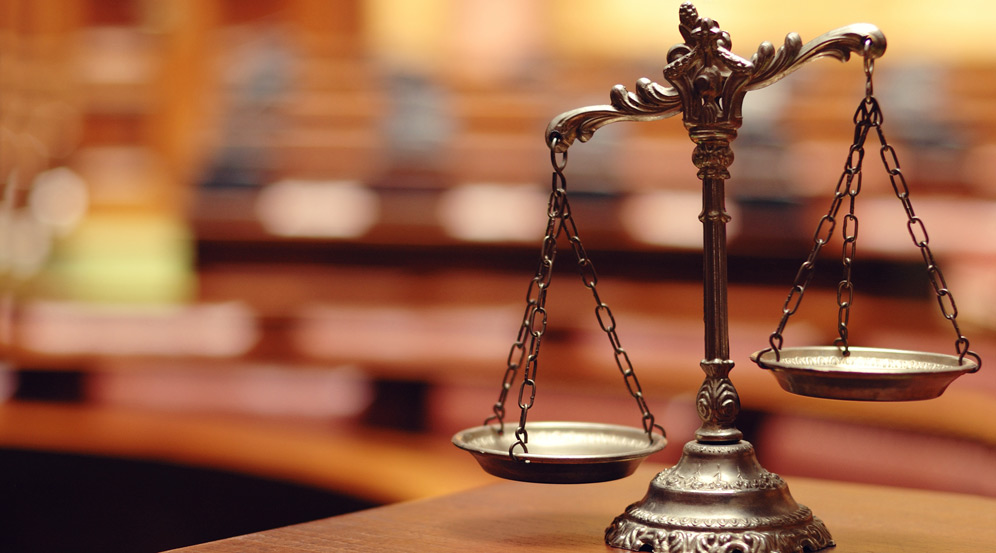Many are firmly convinced that the main value of our society is children. Juvenile justice for such people is a scary word, the main threat to family well-being and happiness. It is generally accepted that this is a law directed against a person, against the right to adequate conditions for growth and development, although lawmakers themselves persistently convince that the main goal of the standards is to ensure the safety of the younger generation. Is the beast so terrible as it is painted? And if he really is dangerous, is it possible to fight him and by what methods? Let's try to understand the situation.
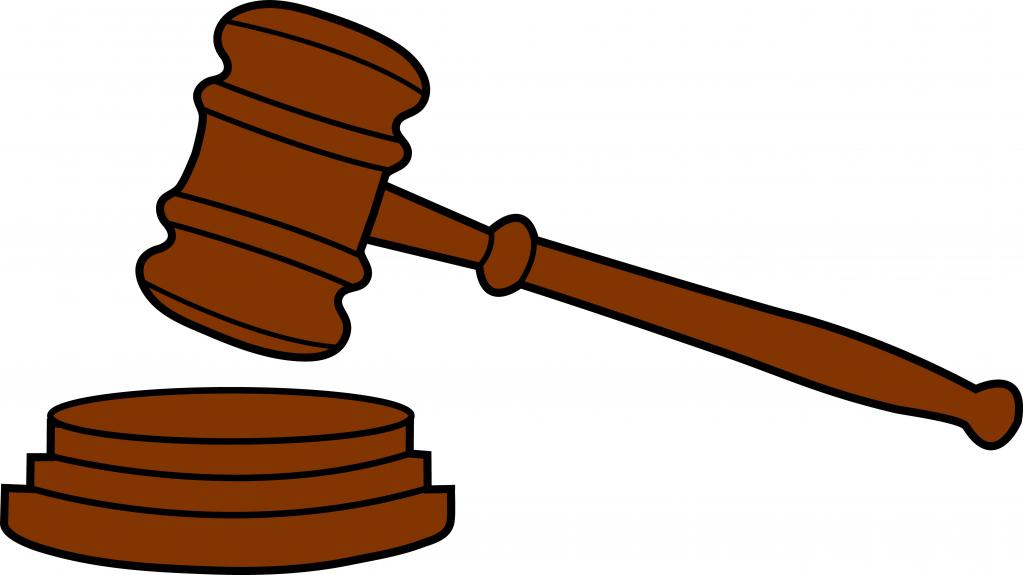
There is no end to disputes
The juvenile justice system in our country became a topic of discussion almost immediately after the collapse of the USSR, and since then the discussions have not become weaker. Citizens are split into two opposing camps, but virtually none of them are indifferent. Some believe that such a system will benefit society, while others are firmly convinced that this is the path to the destruction of foundations. Family relations, for the regulation of which such legal norms are provided, are extremely important for a person, but different people categorically differ in ideas about how to raise children, what rights parents have, what responsibilities are assigned to elders. Conflicts associated with proceedings in this area affect the most sensitive strings of a person, an instinctive desire to protect the future generation, "their own blood."
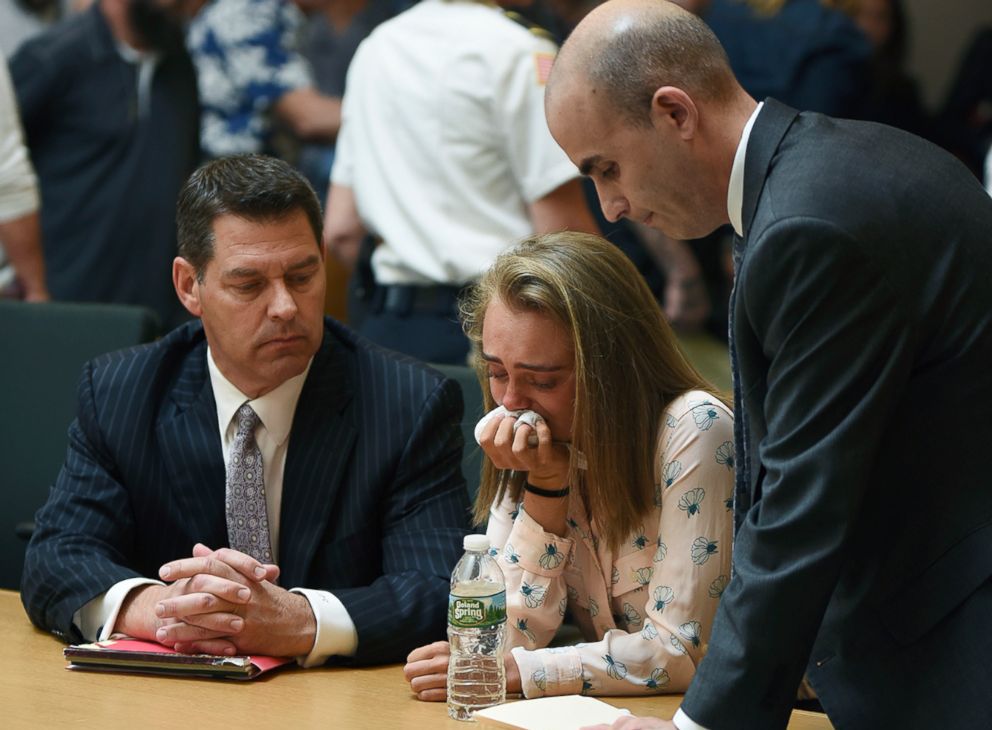
Many justifiably argue that juvenile justice models are experiments that do not have any evidence base regarding their reasonableness and real effectiveness. In fact, tests are put on a person who has yet to grow up, so there is a high risk of disrupting this process, breaking a child at a tender age. Experiments in the sphere of family relations, as others say, categorically contradict the value systems of our society with its well-established centuries-old traditions. This can, as activists assure, become a source of great harm to the future power as a whole. Would the very existence of Russia be threatened if the development of laws in this direction continued?
What is this about?
Not everyone can explain in simple words what it is - juvenile justice. But almost everything heard such a phrase, the topic became familiar, it was already not the first year or even the first decade. However, nothing surprising, because to this day there is no official definition for this concept, it is too ambiguous, complicated, covers many areas at once.
The narrowest interpretation in simple terms of what juvenile justice is: a set of techniques, approaches, ways to protect juvenile offenders and correct their behavior. This system was developed in the European powers, but within our country it does not currently exist (in an independent form). The traditional practice of applying legal norms in Russia involved an appeal to a specialized commission that dealt with strictly minors. Only relatively recently, laws have been introduced that are specifically designed to take into account the characteristics of juvenile delinquents.
Not everything is so obvious
As can be seen from the media, numerous public discussions, in our country juvenile justice means a system of justice that is not only applicable to minors, but also allows you to identify the "enemy of the people."These include those opposed to the application of juvenile laws. At the same time, it is customary to assert that such citizens are strictly against a special campaign in the court of law against children, instead they require the application of general standards similar to those applicable to adults.
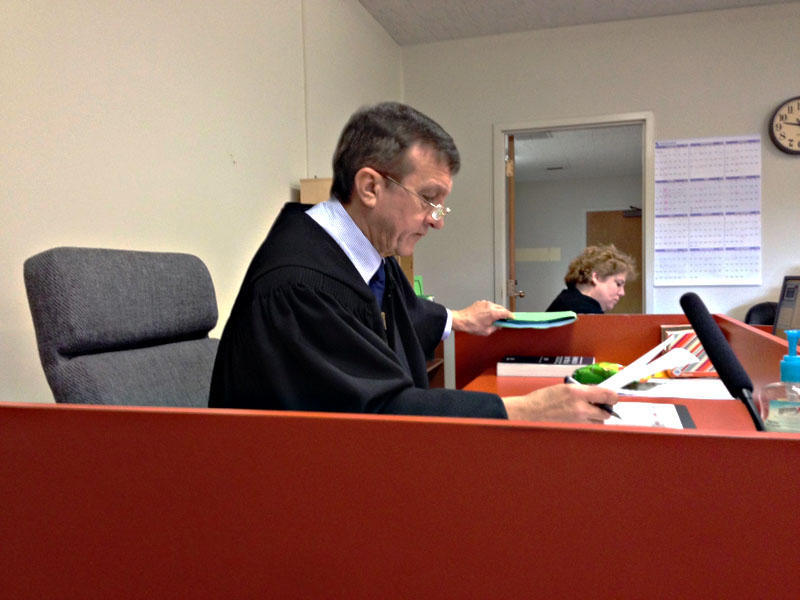
Broad interpretation of the term
The most complete understanding of juvenile juvenile justice is to assess this phenomenon as a system of norms, laws applicable to the reality of rights that allow regulating relations (in which minors are involved) within society. The main idea of such a system is to guarantee each child the observance of his interests, ensuring all the rights laid down for this little man. To some extent, this subjugates the demographic policy of youth at the federal level, family and others, one way or another connected with children and childhood.
The public is most worried about the adoption of laws of juvenile justice in Russia in connection with the possibility of expelling children from their parents without any control over this procedure. It is generally accepted that at present in the European powers the situation is just that - their offspring are being taken away from their parents without real guilt or reason. This causes the destruction of the family institution - one of the most important for the future of the nation, country.
Theory and practice
Some are convinced that there can be no smoke without fire, while others argue that the law on juvenile justice is pure evil. The opinions of the official bodies differ significantly; different countries have different practices and statistics, which imposes certain difficulties on situation analysis operations. Not so long ago, the issue became the object of attention of a specialized American commission at the national level, considering rights, interests, and childhood issues. It was there that the participants came to the conclusion that often the removal of the child occurs prematurely, there is no real need for such a measure. Numerous errors are caused by insufficient legal formulations. In addition, at the federal level, such a financing system has been organized, thanks to which the state as a subject has an interest in taking away a child from the family instead of providing a social assistance unit, on the basis of which adults and children can successfully coexist under one roof, developing in normal conditions.
Examining Cases
As can be seen from the practice of applying laws on juvenile justice in different powers, up to a third of all cases are recognized as unfounded. This issue has repeatedly become the object of analysis of jurists of various levels, including international. Conducting statistical studies, specialized commissions are forced to state: a third of all children, in principle, should not have been removed from their families. The conclusions on many occasions came down to the fact that the procedure was undertaken in the interests of not a child or an adult at all, but a social worker. Moreover, 85% of all cases when neglect of children's needs was formulated as an excuse was explained only by the poverty of the social unit.
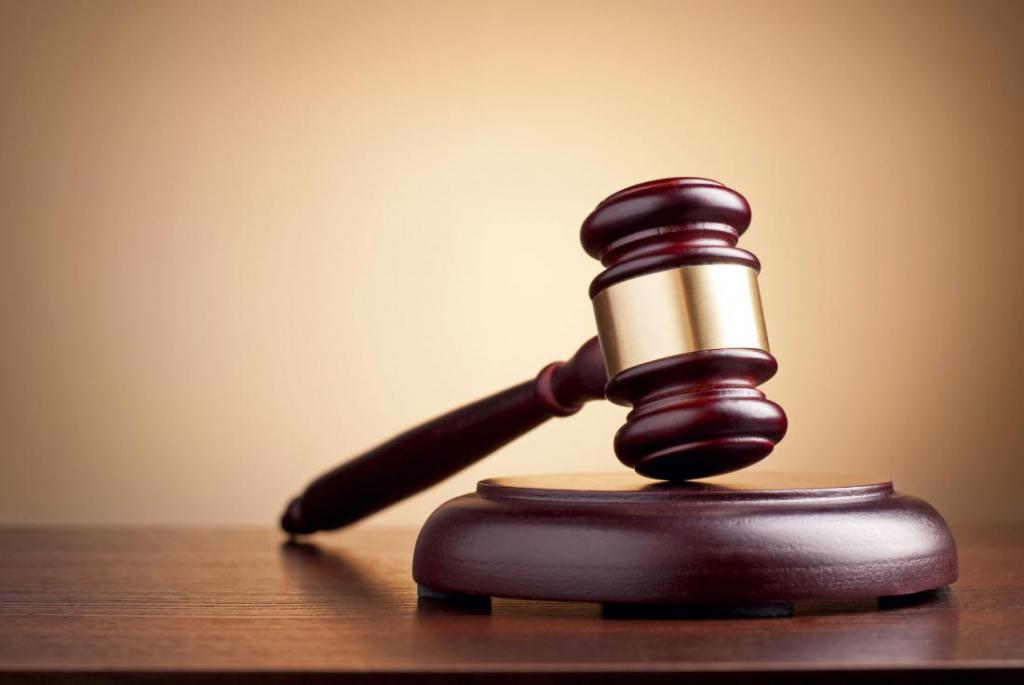
As can be seen from the many disputes, only lawyers, specialists, and legal professionals accepted juvenile justice in the narrow sense of the word, but the general public believes that this term describes precisely the situation when a child is removed from their parents. Such a substitution of concepts becomes a considerable problem for the justice system. At present, there is no real way out of this confusing situation: some say that the legal system is designed to punish the guilty, while others believe that it is about children's souls and the need to save them.
At home and away
Many justifiably argue that in the broad sense of the term juvenile justice will never take root in Russia, it is too alien to the logic of our community, traditions and mentality of the people. There are also those who do not agree with this position and are firmly convinced that the federal level legal system needs an advisory element to ensure the rights of all age groups of citizens. There is an opinion that this paradigm is imposed by an external enemy striving to destroy the country from the inside. In many respects, the discrepancy is due to the fact that public administration does not always correspond to the ideas of a particular person about the norms of behavior, education, home organization. National systematic protection of interests and children's rights is also the sphere of public activists, whose opinions also do not always agree with the ideas of individual citizens.
To some extent, the current legislation is a curtain that hides the problem of defining the term juvenile justice in Russia at present. Many pay attention to the active external influence, which is latently changing the culture of the state, family values and the institution of childhood. This is often compared to war. The more often such opinions are voiced, the greater is public anxiety, and the main enemy that a wide audience can identify is precisely the juvenile justice system.
Why is this so important?
The laws of juvenile justice in Russia are of serious concern to activists, primarily because of the established practice of cultural inheritance and traditions: all information is transmitted through the family, and educational institutions play a secondary role. Only through the communication of parents with children can we reproduce the values of civilization, traditions. We are talking about spirituality, mutual support, community, the ability to sympathize.
Laws that allow a child to be taken out of a social cell look threatening to the information transfer system. The main problem of juvenile justice is the lack of a clear restriction on the possibilities of social services. If it were possible to formulate a system in which only families would be threatened with the removal of the child, where children are treated really badly, society would support the initiative of lawmakers. In a situation where almost every citizen feels threatened, feels that he may be “guilty without guilt” just to meet the needs of social services, initiatives to propose norms of juvenile justice are taken with hostility.
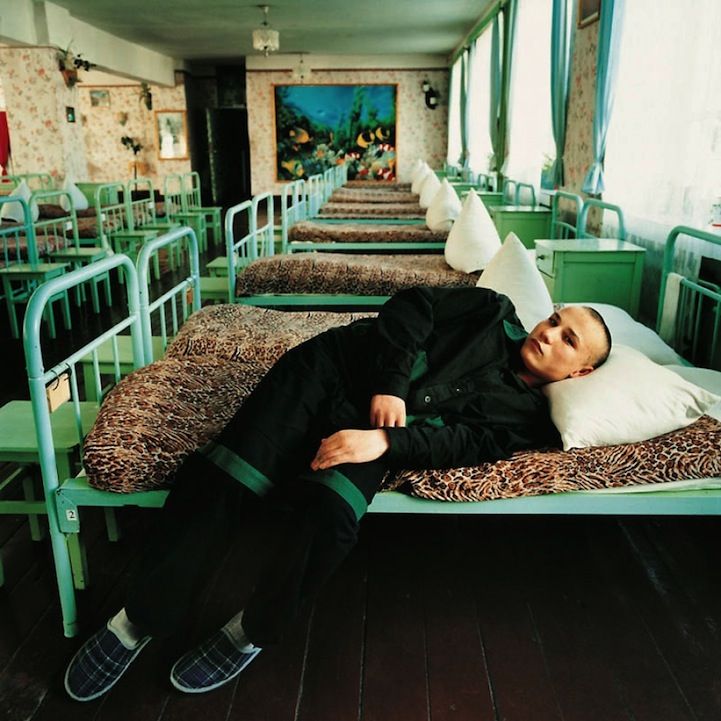
The issues of juvenile justice are also of great interest to public activists because of the difficult social situation that has developed within the state. It so happened that in the country there is currently no single ideology that would unite the predominant percentage of the population. There is a lack of a formulated state idea, values, and meaning that could be clearly identified by all citizens of the state. This is largely due to the historical ups and downs of the last century, the collapse of the Soviet Union. Gradually, public consciousness is recovering after that difficult period, but experts say that it will take a lot of time. At the same time, the place is empty, and citizens are gradually adopting values that are not characteristic of their people, but foreign, characteristic of completely different living conditions, historical premises.
Classical countries of juvenile justice - America, European states. The standard of living, methods, features of the social structure, legal standards, the very consciousness of the rules and their applicability within these countries is significantly different from Russia, whose specificity is due to the border position between Asia and Europe, the unification of the characteristics of all neighbors.In our country, of course, views and opinions adopted from other countries do not dominate everywhere, but a number of areas already show similarities, many frightening and alarming. Social activists claim that in recent years the risk of losing national identity and specific features has increased sharply. In such circumstances, the risk of family disruption as the main method of transmitting information about society and the rules of behavior becomes a threat at the federal level.
Save your differences
If we consider the narrowest meaning of the term, what it is - juvenile justice - in simple words, it is necessary to mention the field of laws that apply to juvenile offenders. Many people understand these legal standards; only a small percentage of the population opposes them. But the norms by which one can destroy a family seem much more dangerous, although some are convinced that they do not pose a threat to our society. This is due to a fundamentally different device. For example, juvenile justice is a distinctive feature of countries where marriage contracts are widespread, which have not yet taken root in our state, which are denied and rejected by many. A similar situation arises with conflicts between generations, resolved in court. What is the norm for American, European families, for Russia - savagery, completely unimaginable behavior. Such a difference, according to many, protects society from the dangers associated with juvenile practice in a broad interpretation of the term.
In order for juvenile justice to be a legal institution that ensures the interests and security of all participants in society, but does not become a threat to society and even a power, it is necessary today to take a responsible approach to improving the life and thinking of the general population. Studying foreign experience, it is necessary to adopt the most useful, positive, putting it into practice in your own power, and also to avoid mistakes that have already been made in other states. An ill-conceived approach is truly dangerous for the integrity of the country. In many ways, this is comparable to medicine, where poison, used in small quantities, becomes a medicine, and excessive consumption of the most useful can lead to the death of the patient.
Problems and solutions
Many believe that juvenile justice in the modern sense and application of this term (in the broad sense) is a problem that needs to be addressed immediately. Others argue that for our country, the application of this legal approach, adjusted for the experience of other powers, may be the answer to the wrong approach to protecting children's rights. Our country, in principle, is characterized by the search for individual, unique solutions to the classical problems of social organization, the structure of life. This is largely due to the border position mentioned above, the merger of Asian and European features, which has become the basis for the formation of a unique community for which the ready-made decisions of other powers are not applicable.
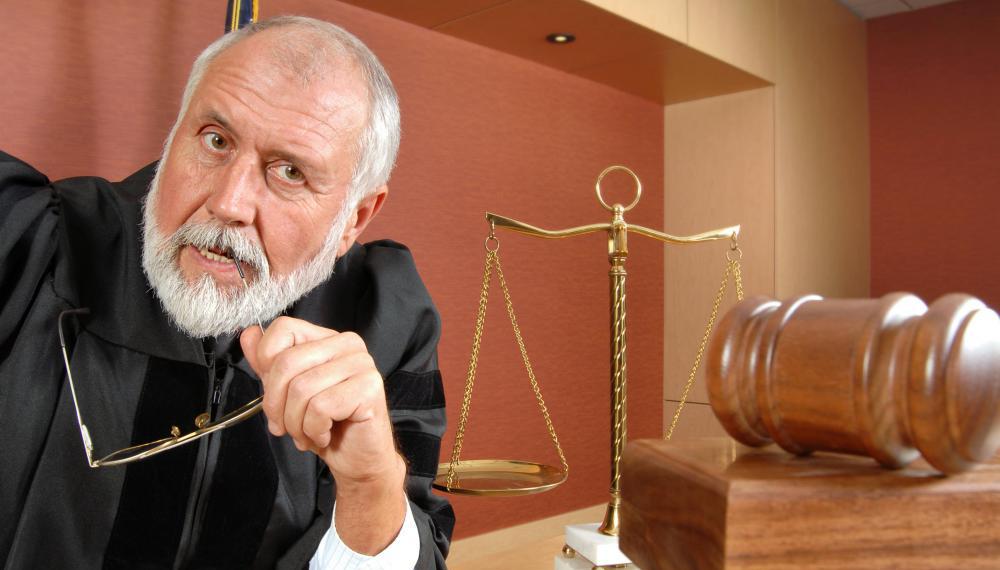
The main problem is the use of juvenile justice as a good initiative, which is not associated with a simple duplication of foreign experience in the realities of our country. As can be seen from historical reports, even the most ideal systems, thoughtlessly copied from other states, did not take root in our country or were soon changed for the worse. To achieve a truly positive result, you need to apply the basic ideas of protecting and ensuring the rights of children so that this does not become a risk factor for the institution of the family. However, many are convinced that the current law enforcement system in relation to minors is already quite extensive and voluminous, and therefore does not require additional innovations.Of course, some postulates need clarification, improvement, but in general, the legal system is social, therefore, the application of fundamentally new norms for protecting the family is not required - this will contradict the foundations, cause dissatisfaction of the general public, and therefore, it will not be applied in practice anyway right.
How did you come up with this?
In fact, juvenile justice dates back to the nineteenth century. It was then that legal norms first appeared to regulate childhood and provide protection to minors. France became a pioneer in this direction, where the norm was adopted in 1874. The new provisions declared an obligation to supervise children under three years of age, if any were given to the nurse. A few more years passed, and a new step forward was made - for children 6-13 years of age, education was made compulsory. In 1889, French lawmakers were the first to introduce rules to strip a parent of a child’s rights. Alcoholism, the dissolute life of the older generation, could serve as grounds for this.
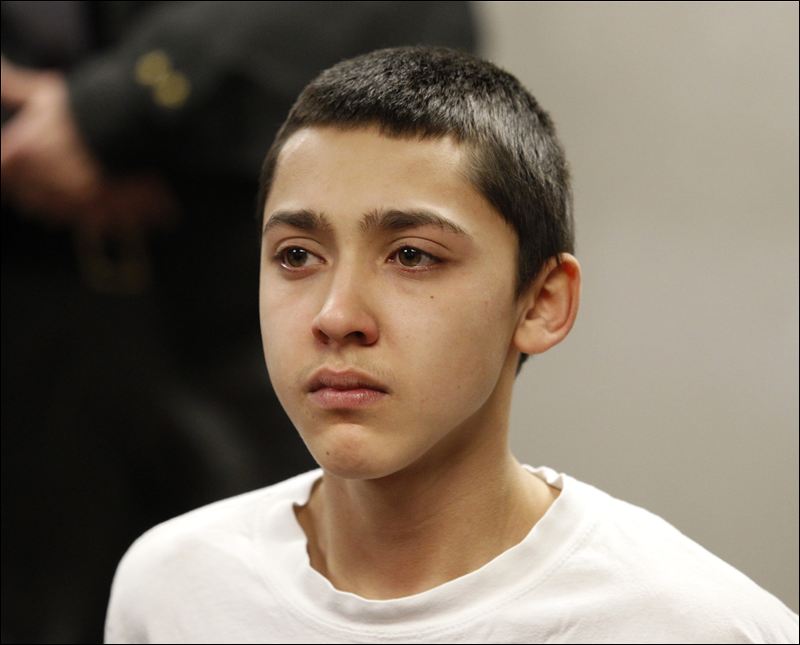
The middle of the nineteenth century is the time when quite a few special laws were formulated in relation to minors. Then institutions began to emerge designed to protect children of all ages. Even before the middle of the twentieth century in European powers, the systematic provision of rights and opportunities for children had developed almost completely. The doctrine of law has become the basis for changing the attitude of an adult to a child. If earlier the father was an authority with whom it was considered unacceptable to argue, gradually the state began to act more as a father.
Realities and problems
In its primary form, juvenile politics soon showed considerable imperfections in the system. State values began to be assessed as more significant than parental ones, by law the coercion of children turned out to be completely blocked, and parental authority was limited, protecting the minor from the actions of an older person. The country's authorities were able to intervene in family relations. What at first seemed good, soon became the reason for the destruction of the family as a hierarchical communication of elders and younger.
Justice and minors
If we return to a narrow interpretation of the meaning of juvenile policy, it should be noted: European legal practice involves three options for interacting with a juvenile offender. There are ways of punishment, rehabilitation and recovery. This system is quite well-developed, and the accumulated experience is voluminous. Lawyers, legal scholars agree that it is in this aspect of our legal system that it is really worth learning from, taking over some points for ourselves.
The punitive model of interaction with juvenile delinquents is almost the same legal procedure as it applies to the adult population. The main idea is to ensure the most precise control over crime at the state level. Rehabilitation is based on the idea of the inability to answer for the perfect, being a minor. This approach is most widespread. The justice system is aimed at improving living conditions, rehabilitation of the child. It is supposed to use mild methods of influence, while the child is not responsible for the deed, it becomes more powerful than the legal system. However, the experience of the second half of the last century of the European powers showed an insufficiently high level of effectiveness of such an approach. Since the end of the last century, Western laws have become stricter. This has become the basis for the formation of a restorative juvenile justice model, when the offender is responsible, but they choose it in the court of justice according to the age of the offender.
